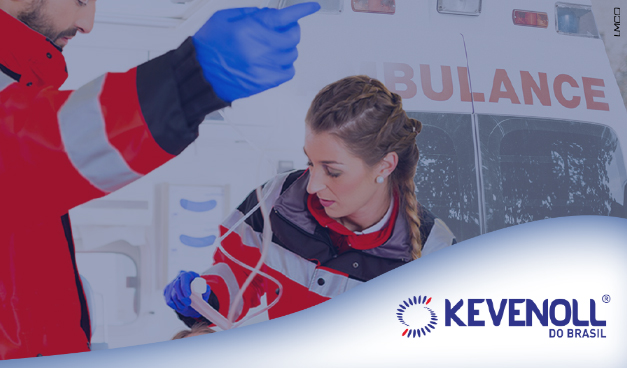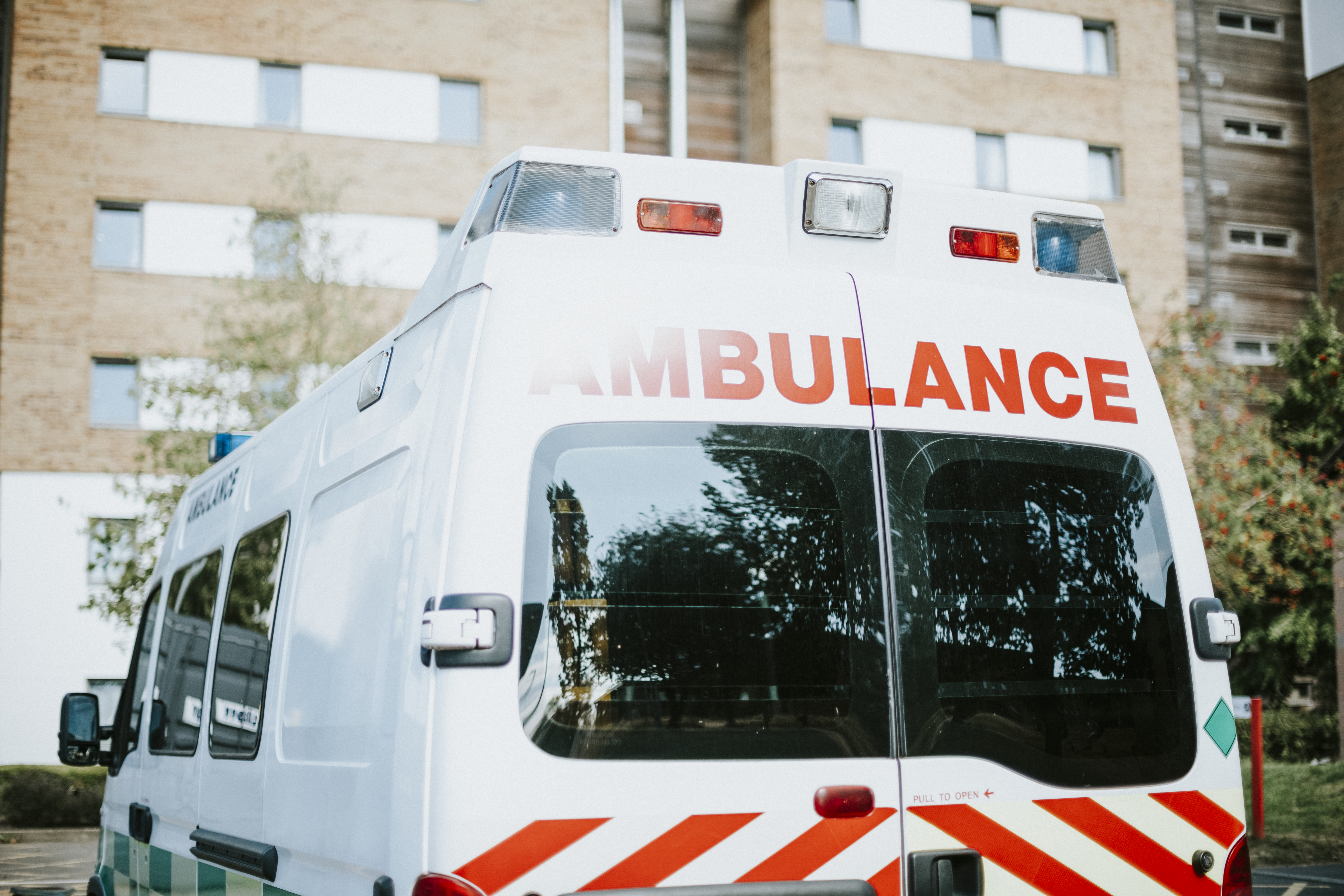Also called first responders or rescuers, paramedics are health professionals such as physicians, nurses, auxiliaries and nursing technicians able to provide initial care in emergency situations.
He is usually one of the first professionals to arrive in places of accidents and natural disasters, and also performs first aid procedures in various emergency situations. The paramedic is qualified to apply cardiac resuscitation techniques, deal with cases of cardiorespiratory arrests, perform the use of defibrillators and other medical equipment, and even techniques for removing victims in accidents.
However, the work environment where paramedics work is called an “out-of-hospital” environment, that is, the rescuer must always be well prepared and equipped to perform medical procedures outside the controlled environment that a hospital offers, and exposed to the most diverse situations and various risks.
Therefore, the paramedic must always be prepared and have some items always at hand, minimizing the dangers already existing in the profession, such as:
- Sera and antiseptics;
- Oxygen cylinders and respirators;
- Adult and infant resuscitators;
- Thermometers;
- Sterile gauze, bandages, adhesives, syringes and catheters;
Sterile and non-sterile procedure gloves: In an environment where everything can get out of the control of the professional, the procedure gloves are the first protective barrier that ensures that the paramedic does not become contaminated with viruses and lethal bacteria that may be present at the place of the call.
Exposure to diseases, infections, burns, cuts and other injuries are part of the rescuer’s routine. The profession is considered one of the 30 professions that present the most health risks.
In addition to gloves, other EPIs are indispensable for the rescuer, such as:
- Cap or cap – which have the purpose of protecting the hair and head of the paramedic, and also to avoid contact with the victim protecting both from contamination;
- Protective mask – protect the rescuer's face and mouth, freeing them from contact with microorganisms present in the air, and also from contact with contaminated blood and saliva.
- Goggles – prevents infectious agents from contacting the eyes in environments with a lot of pollution, as can occur in case of accidents and natural disasters.
Rescuer, don’t put your health at risk. Click and get to know Kevenoll products from Brazil.


